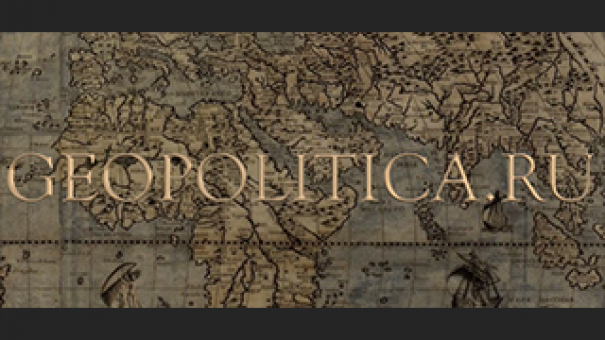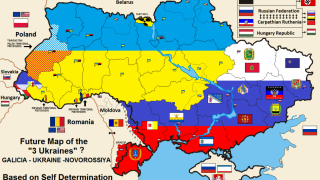29.11.2016
An improvised explosion device exploded blew up near the Presidential car, in which a detachment of bodyguard arrived in Marawi City in the southern...
20.12.2024
For those sections of humanity yearning for the rise of a multipolar world, the arrival of US President-elect Donald Trump on the global stage has...
03.12.2024
The Mojahedin-e Khalq (MEK), initially formed as a revolutionary group with the goal of combating the Pahlavi regime and establishing social justice...
27.11.2016
A car bomb exploded at the market in Somalia's capital Mogadishu. 11 people were killed and 16 were injured during the attack. But the number of...
23.12.2016
Malta's Prime Minister Joseph Muscat has written in his page of the social network that the captured Libyan airliner was reforwarded to Malta.
There...
09.07.2016
Negotiations on the cessation of hostilities continued with the opposition’s warlords in the Syrian provinces of Aleppo, Hama and Quneitra. This was...
18.10.2017
Russia needs Novorossiya and Malorossiya - at least the part of Malorossiya that is east of the Dnepr river. These parts are not "ukrainian", they...
31.10.2016
Negotiations are ongoing between the President of Venezuela, Nicolas Maduro, and the opposition members who support his impeachment.
24.12.2024
The death of Russian General Igor Kirillov in Moscow sadly reminds us of that of Daria Dugina (whose murder by a cowardly hand we do not forget and...
28.11.2016
The meeting of the European Council on international events scheduled for November 28th will be held in Madrid.
23.12.2016
Israeli Prime Minister Benjamin Netanyahu and Russian President Vladimir Putin have held telephone talks for the second time in three days.
They are...
13.03.2019
Turkey will start to deploy S-400 anti-aircraft missile defense systems in October this year.













